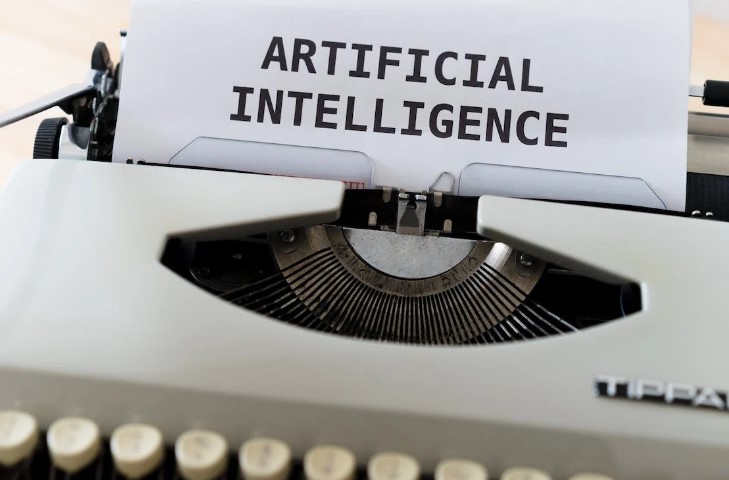AI and Accounting Ethics: Ensuring Transparency and Accountability
Because of the importance of the data used by finance and accounting professionals, accounting ethics are generally practiced by those in the accounting industry. These practices encompass how moral values and ethical basis are used by accountants when gathering, analyzing and reporting data and their findings. With the advent of AI and how it has penetrated the accounting industry, the question comes to mind – how can AI coexist with the ethical practices in accounting?

Read: Artificial Intelligence: The Three Waves of AI
Artificial Intelligence (AI) is an adaptive technology that performs tasks usually done by intelligent beings – human beings for example. With its application to different industries, AI technology commonly takes over routine and simple tasks such as simple bookkeeping and data entry in accounting. Armed with the knowledge needed to perform these tasks, AI must now be mitigated to comply with accounting ethics.
In a nutshell, it means accounting ethical standards should be introduced to the AI systems and technology that finance and accounting professionals use and said professionals must constantly monitor the results that AI produces.
Ethics and AI in Accounting
Transparency
Transparency is a fundamental aspect of ethical AI implementation in accounting. It refers to the openness and clarity in understanding how AI systems make decisions and arrive at conclusions – basically how they present their results. To ensure transparency, it is important to have a clear understanding of the algorithms, models and technology developed by AI systems to know whether it has followed ethical practices throughout its data processing. Accounting professionals must be able to interpret and validate the results generated by AI, to be able to ensure that they align with established accounting principles and standards.
Accountability
Accountability is another crucial element of ethical AI implementation in accounting. Accountability means taking responsibility for the decisions made and the outcomes produced by AI software. While AI can automate various accounting tasks, the ultimate responsibility lies with the accounting professionals who use AI and integrate it into their workflow. They need to ensure that the data used for training AI models is accurate, reliable, and representative of the ethical practices that accounting professionals adhere to.
Accounting professionals must also guard against bias in AI systems. Biases in this context can mean biased data or flawed algorithms that are fed into the software. For example, if historical financial data used to train an AI system contains inaccurate or edited data, the AI may categorize these biases in its decision-making as the standard and use it to define their results. It is important for accounting professionals to prevent these biases by carefully selecting training data and regularly monitoring AI results for fairness, objectivity and accuracy.
External Auditing
Lastly, external audits of AI-produced results can play a significant role in ensuring transparency and accountability. Independent auditors can assess the effectiveness and ethical compliance of AI technology used in accounting. They can review the data inputs, algorithms and decision-making processes to verify that the AI systems align with accounting principles, legal requirements and ethical standards. External audits provide an objective evaluation and help build finance and accounting professional’s trust and security when using AI and integrating it into their workflow.
The integration of AI in accounting holds great promise for improving efficiency and accuracy in common financial processes. However, it is essential to note that transparency and accountability to address the ethical concerns associated with AI implementation should be the top priority as we continue to embrace AI. Through continuous monitoring and development, AI can be trained to adhere to standard accounting ethical practices and be able to perform tasks without fear of bias or predisposition to incorrect ethical standards.
Read Next: Fintech Trends to Watch: Cybersecurity, Cryptocurrency, & AI
Looking to integrate AI into your accounting needs?
Are you looking to integrate AI into your accounting processes? Finding a finance and accounting outsourcing partner that is constantly up to date with the latest finance and accounting technology trends may just be what you need. If you want to know more, contact us today and we’ll help you with scalable solutions perfect for your company.
Get to know more about our solutions as you download our Outsourcing: How to Make it Work guide today and know how we can help with staying on top of your accounting needs.




